About True Happiness
Aristotel about happiness, Excellence (aretē) and Wellbeing (Eudaimonia)
 The central concept of Aristotel's philosophy is within the words: Eudaimonia (Greek: εὐδαιμονία), that consists of the words 'eu' = good and 'daimōn' = spirit and 'aretē' that is often translated as 'moral' but in reality means 'done with excellence'.
The central concept of Aristotel's philosophy is within the words: Eudaimonia (Greek: εὐδαιμονία), that consists of the words 'eu' = good and 'daimōn' = spirit and 'aretē' that is often translated as 'moral' but in reality means 'done with excellence'.
Aristotel in Nicomachean Ethics says '...if any action is well performed it is performed in accord with the appropriate 'excellence': if this is the case, then 'εὐδαιμονία' turns out to be an activity of the soul that is in-tuned with virtue.'
According to Aristotle, 'εὐδαιμονία' (wellbeing or long-term happiness) is achieved when during the life-time a human being achieves health, wealth, knowledge, friends and this in turn leads to the perfection of human nature and to the enrichment of human life. For Aristotle, 'εὐδαιμονία' involves activity, exhibiting 'aretē' (excellence) in accordance with reason.
Eudaimonia implies a positive and divine state of being that a human being is able to achieve.
Confucius about True Individual, Family and Social Happiness
Confucius also sees the 'true happiness' first within an individual, then within a family and finally within a society. His wise words resonate within all of us:
'To put the world in order, we must first put the nation in order; to put the nation in order, we must first put the family in order; to put the family in order; we must first cultivate our personal life; we must first set our hearts right.'
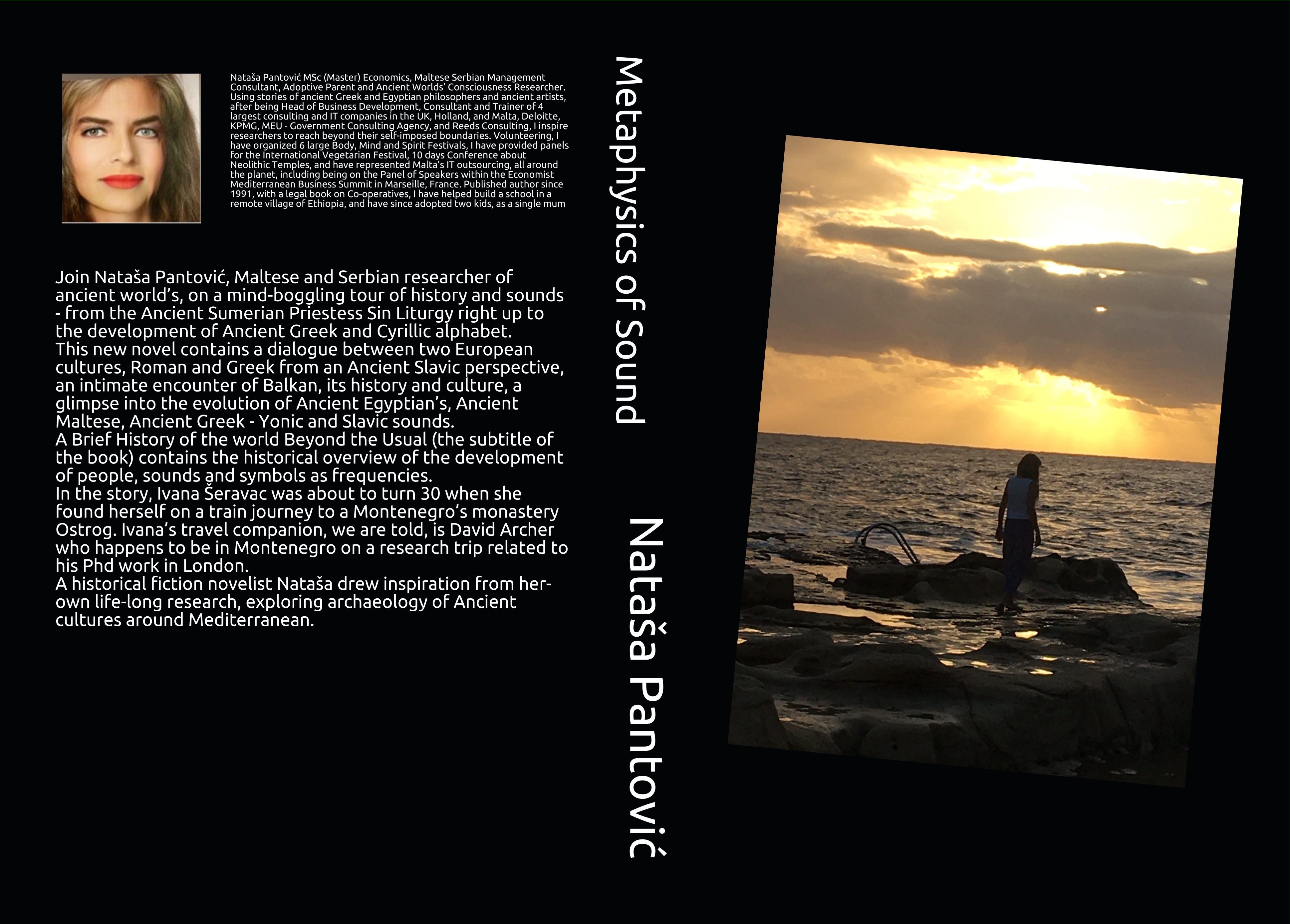

 Log in with Facebook
Log in with Facebook 
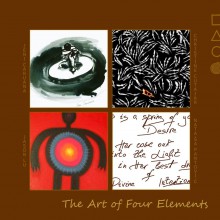

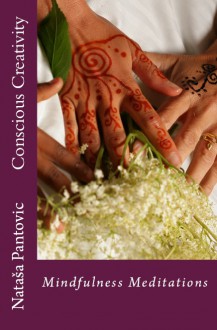
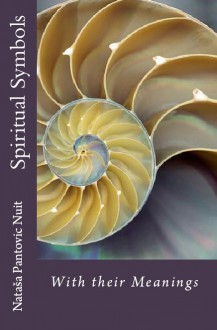

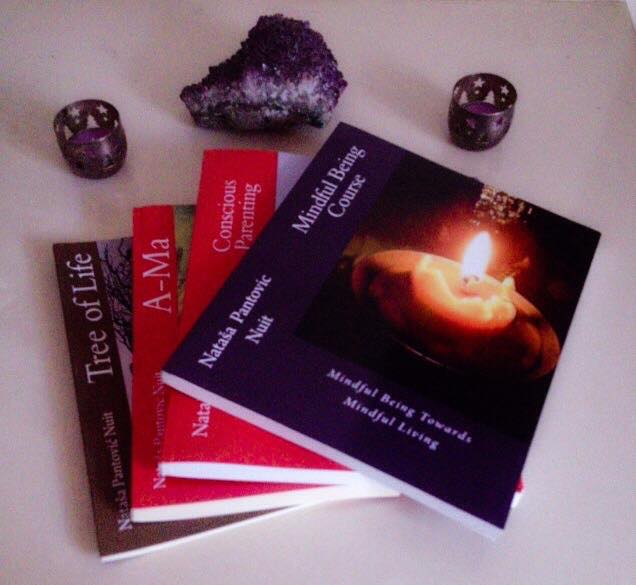




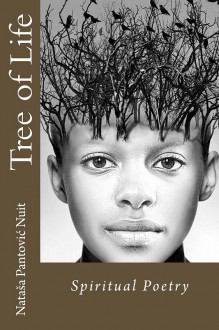
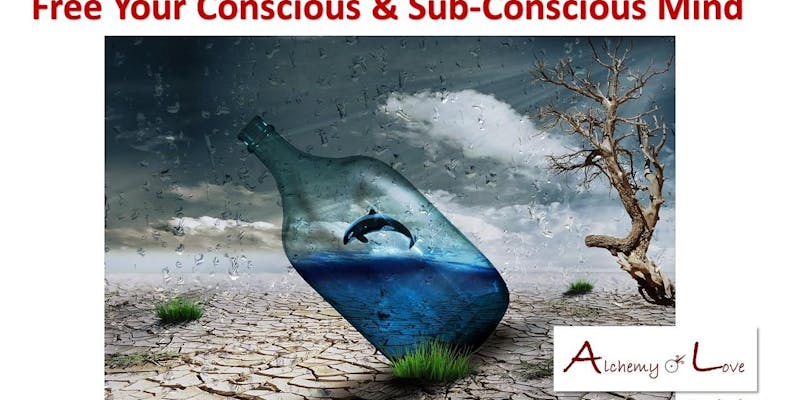
 The central concept of Aristotel's philosophy is within the words: Eudaimonia (Greek: εὐδαιμονία), that consists of the words 'eu' = good and 'daimōn' = spirit and 'aretē' that is often translated as 'moral' but in reality means 'done with excellence'.
The central concept of Aristotel's philosophy is within the words: Eudaimonia (Greek: εὐδαιμονία), that consists of the words 'eu' = good and 'daimōn' = spirit and 'aretē' that is often translated as 'moral' but in reality means 'done with excellence'.




